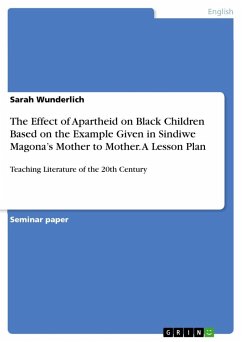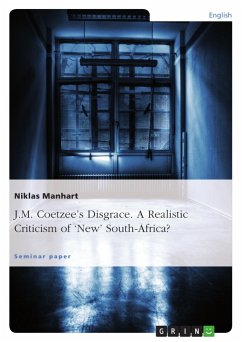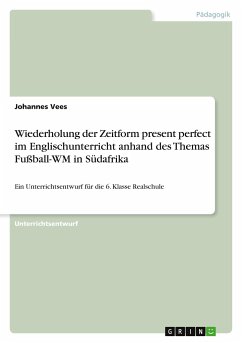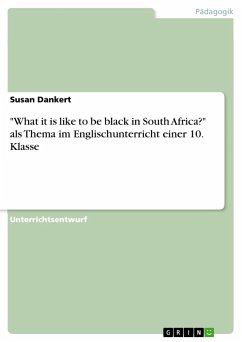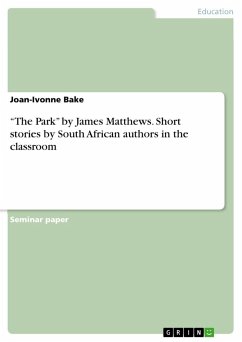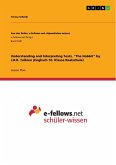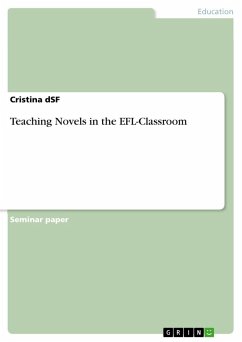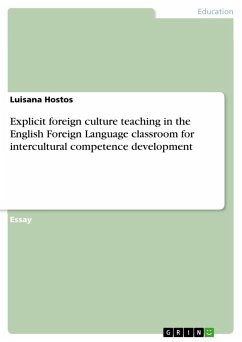Seminar paper from the year 2017 in the subject English Language and Literature Studies - Literature, grade: 1,0, University of Koblenz-Landau (Anglistik), course: Teaching Literature - Intercultural Encounters and Communicative Competence, language: English, abstract: Sindiwe Magona's Mother to Mother, published in 1993, adds to the genre of post-apartheid literature by transferring facts into fiction incorporating an actual historical event, the murder of white American Amy Biehl in a black township, into a fictional story putting all the struggles and consequences of the apartheid system at display without maintaining well-established clichés and accusations.The literary analysis of this paper will focus on the above mentioned aspect of the consequences and effects of apartheid on South African youths after apartheid had come to an end. Therefore, the topics of race, racism and apartheid will be covered as the conceptual backbone to the analysis alongside with the aspects of motherhood, and Fanon's Fact of Blackness theory. Additionally, a short overview on the historical context will be provided in order to understand the described struggles and developments. Furthermore, the main characters will be analyzed as well as central motifs accompanied by a closer look at the novel's composition and stylistic devices. The second part of this paper covers the didactic analysis. As the fictitious lesson in a German classroom at Gymnasium (Oberstufe) will deal with topics in the context of cross-cultural encounters, the focus will be set on apartheid and its consequences, aligning with the focus of the literary analysis.

